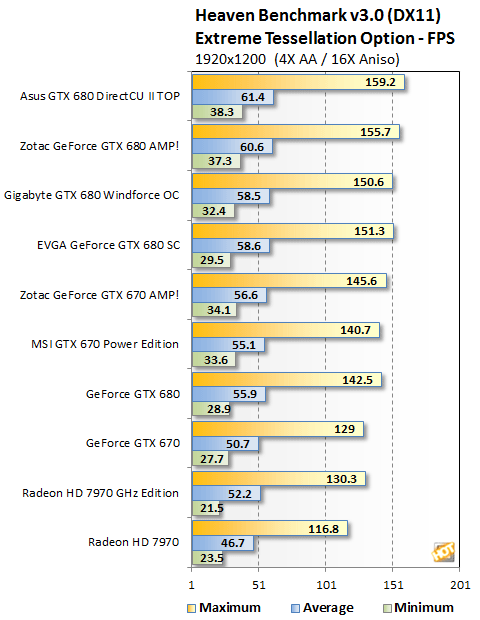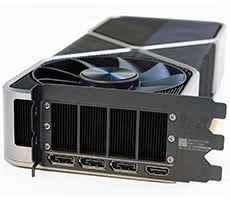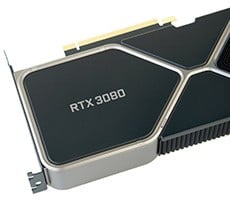GF GTX 680/670 Round Up: EVGA, Zotac, MSI, GB, Asus
Test System and Unigine Heaven v3
How We Configured Our Test Systems: We tested the graphics cards in this article on an Asus P9X79 Deluxe motherboard powered by a Core i7-3960X six-core processor and 16GB of G.SKILL DDR3-1866 RAM. The first thing we did when configuring the test system was enter the system UEFI and set all values to their "optimized" or "high performance" default settings and disabled any integrated peripherals that wouldn't be put to use. The memory's X.M.P. profile was enabled to ensure better-than-stock performance and the hard drive was then formatted and Windows 7 Ultimate x64 was installed. When the installation was complete we fully updated the OS and installed the latest DirectX redist, along with the drivers, games, and benchmark tools necessary to complete our tests.
|
|
|
|
Hardware Used: |
Relevant Software: Windows 7 Ultimate x64 DirectX April 2011 Redist ATI Catalyst v12.7B NVIDIA GeForce Drivers v304.48 Benchmarks Used: Unigine Heaven v3 3DMark 11 Batman: Arkham City Just Cause 2 Alien vs. Predator Metro 2033 Lost Planet 2 Dirt: Showdown |
|
|
|
|
|
Unigine's Heaven Benchmark v3.0 is built around the Unigine game engine. Unigine is a cross-platform, real-time 3D engine, with support for DirectX 9, DirectX 10, DirectX 11 and OpenGL. The Heaven benchmark--when run in DX11 mode--also makes comprehensive use of tessellation technology and advanced SSAO (screen-space ambient occlusion) It also features volumetric cumulonimbus clouds generated by a physically accurate algorithm and a dynamic sky with light scattering. |


Our first benchmark shows a clear performance trend, with all of the overclocked GeForce GTX 680 cards clearly outperforming the reference GTX 680. This test even shows one of the ZOTAC GeForce GTX 670 AMP! outpacing the stock GTX 680. It's also worth noting that all of the NVIDIA powered cards, with the sole exception being the reference GeForce GTX 670, lead the Radeon HD 7970s here.







